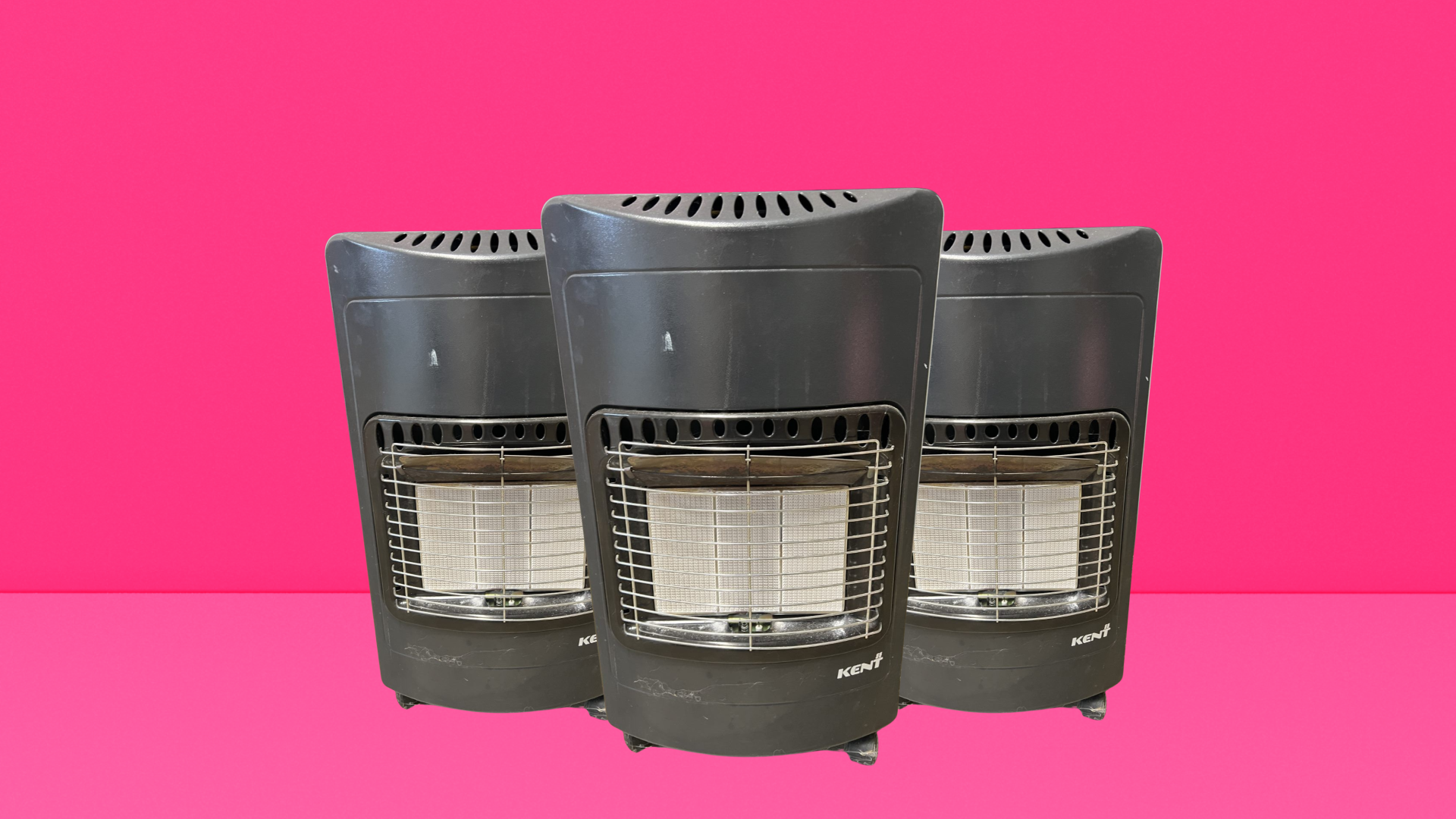News Next article
Gas heater safety check: Using unflued gas heaters safely
Find out what unflued gas heaters are and how you can do a gas heater safety check.
By Trust and Safety 13 October 2023Gas can help to heat large spaces, but it's important to know about gas heater safety.
Unflued, flued – what's the difference?
How to use unflued gas heaters safely
Why it's important to use unflued gas heaters correctly
Selling a gas heater?
Find out about the safety requirements when selling gas appliances.
Learn moreAuthor

